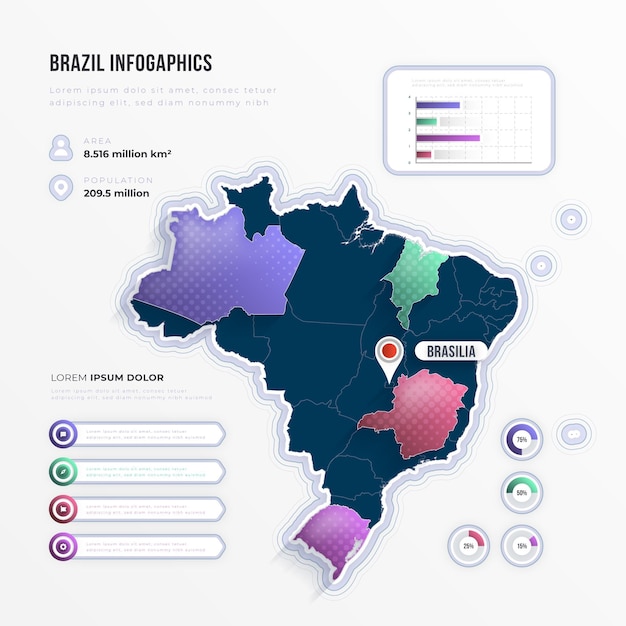Facts about Equatorial Guinea

Equatorial Guinea is the only Spanish-speaking country in Africa.
The capital city of Equatorial Guinea is Malabo.
Equatorial Guinea gained independence from Spain in 1968.
It has a population of approximately 1.4 million people.
Equatorial Guinea is located on the west coast of Central Africa.
The country is known for its rich cultural heritage and diverse traditions.
Equatorial Guinea has a tropical climate, with hot and humid weather throughout the year.
The official languages of Equatorial Guinea are Spanish, French, and Portuguese.
Equatorial Guinea is one of the largest oil-producing countries in Africa.
The unique geography of Equatorial Guinea consists of coastal plains, rainforests, and volcanic mountains.
It is home to the highest point in Equatorial Guinea, Pico Basile, which is an active volcano.
The country has a high nominal GDP due to its rich natural resources.
Equatorial Guinea has a diverse wildlife, including gorillas, chimpanzees, and elephants.
The economy of Equatorial Guinea heavily relies on oil exports.
Despite its natural resources, Equatorial Guinea faces challenges with poverty and inequality.
Equatorial Guinea celebrates its Independence Day on October 12th.
The traditional cuisine of Equatorial Guinea includes dishes like fish stew and plantains.
Equatorial Guinea has one of the highest literacy rates in Africa.
The country has a unique blend of African, Spanish, and indigenous influences in its music and dance.
Facts about Equatorial Guinea part 2
Equatorial Guinea is known for its vibrant and colorful traditional clothing.
The national sport of Equatorial Guinea is soccer.
Education is free and compulsory for children in Equatorial Guinea.
Equatorial Guinea has three main islands: Bioko, Annobón, and Río Muni.
The country is a member of the African Union and the United Nations.
Equatorial Guinea has made efforts to diversify its economy and reduce dependence on oil.
The traditional religion of Equatorial Guinea is a blend of Christianity and indigenous beliefs.
Equatorial Guinea has a growing tourism industry, with beautiful beaches and wildlife reserves.
The discovery of oil in the 1990s has transformed Equatorial Guinea’s economy.
Equatorial Guinea has a growing film industry, with internationally acclaimed filmmakers.
The country has hosted various cultural festivals to promote its rich heritage.
Equatorial Guinea has a small but growing middle class.
The official currency of Equatorial Guinea is the Central African CFA franc.
Equatorial Guinea is a member of the Organization of Petroleum Exporting Countries (OPEC).
The government of Equatorial Guinea has invested in infrastructure development, including roads and airports.
Equatorial Guinea has a low crime rate compared to many other African countries.
The country has a high level of political stability under the leadership of President Teodoro Obiang Nguema Mbasogo.
Equatorial Guinea has a rich tradition of oral storytelling and proverbs.
The national dish of Equatorial Guinea is called sauce d’arachide, a peanut-based sauce served with various meats.
The country has a growing art scene, with local artists gaining international recognition.
Equatorial Guinea has made significant investments in healthcare, improving access to medical facilities.
The country has a small but significant population of indigenous tribes, each with its own distinct culture and language.
Equatorial Guinea is known for its lavish festivals and celebrations, showcasing its cultural diversity.
The Equatoguinean flag consists of three horizontal stripes of green, white, and red, symbolizing the country’s rich natural resources, peace, and courage.
The country has a growing entrepreneurial spirit, with many small businesses emerging in recent years.
Equatorial Guinea is working towards achieving the United Nations Sustainable Development Goals to improve the lives of its citizens.

